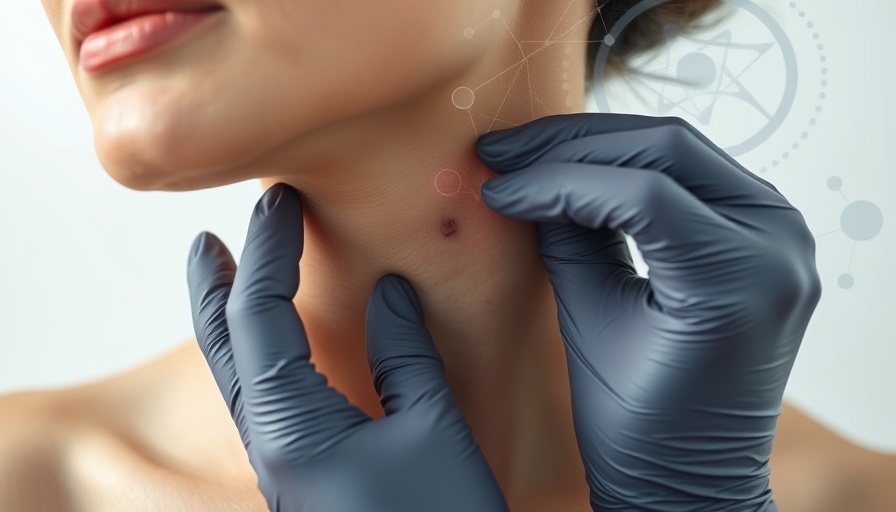
Exploring the Latest Breakthroughs in Dermatology: Key Highlights
The world of dermatology is ever-evolving, with continuous advancements that reshape our understanding of skin health and treatment methodologies. Recent reports spotlight critical findings and innovations that promise to alter patient care experiences significantly.
1. The Burden of Atopic Dermatitis: A Growing Concern
This week, a significant new study revealed the ongoing burden of moderate to severe atopic dermatitis in youth. Children and adolescents experience recurrent flares alongside comorbidities, affecting their overall quality of life. With such implications, understanding the psychological and physical toll this condition takes is crucial for parents and healthcare providers alike. This highlights the need for tailored therapeutic strategies that address not only the physical symptoms but also the emotional well-being of young sufferers.
2. The Link Between Acne and BMI: Insights from Sudan
In another noteworthy research piece, the prevalence of acne among adolescents in Sudan was shown to have a significant positive correlation with high Body Mass Index (BMI). This raises critical awareness regarding metabolic health and skin conditions among adolescents, particularly as different genders exhibit varying susceptibility. This connection emphasizes the importance of holistic approaches in treating acne, focusing on lifestyle modifications accompanied by dermatological care.
3. Extending Options: JAK Inhibitors for Alopecia Areata
Another piece of exciting news emerged regarding the use of JAK inhibitors in treating alopecia areata in Black patients, showcasing promising efficacy through more inclusive research practices. This points to a more significant movement within the healthcare industry towards equitable access to treatments, particularly in dermatology, which traditionally has lagged behind in diversity within clinical trials.
4. Revolutionary Gene Therapy: FDA Breakthrough
The FDA's recent approval of the first gene therapy for recessive dystrophic epidermolysis bullosa (RDEB) introduces a game-changer for patients battling this chronic condition. The pz-cel gene therapy opens up a new realm of possibilities in treating genetic skin disorders, emphasizing the potential of gene editing technologies to create lasting change in patient care.
5. Addressing Dermatology's Environmental Challenges
As dermatology practice evolves, types of eco-innovations become critically relevant. The need for sustainable healthcare practices is more pressing than ever, with the industry grappling with its environmental impact. Moving forward, integrating eco-friendly strategies can not only improve the ecological footprint of dermatology but also enhance patient care—an angle that resonates particularly with environmentally-conscious consumers.
Conclusion: Staying Informed for Better Skin Health
As these key developments unfold, it is imperative for both consumers and professionals to stay informed about the latest research and treatment options in dermatology. Knowledge empowers us to make better decisions regarding our skincare routines and health overall. For those passionate about skincare, following emerging trends and studies is not just beneficial but essential.
 Add Row
Add Row  Add
Add 






Write A Comment